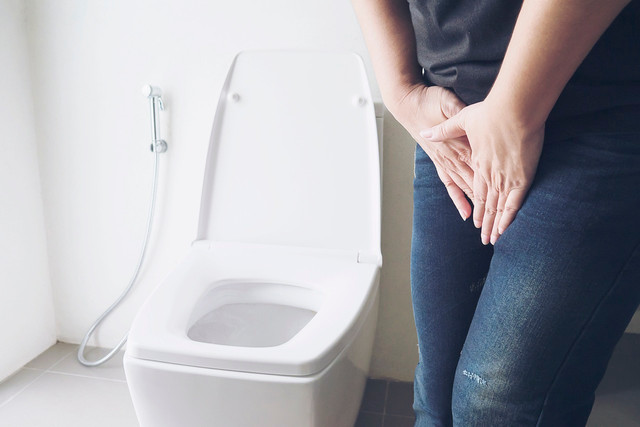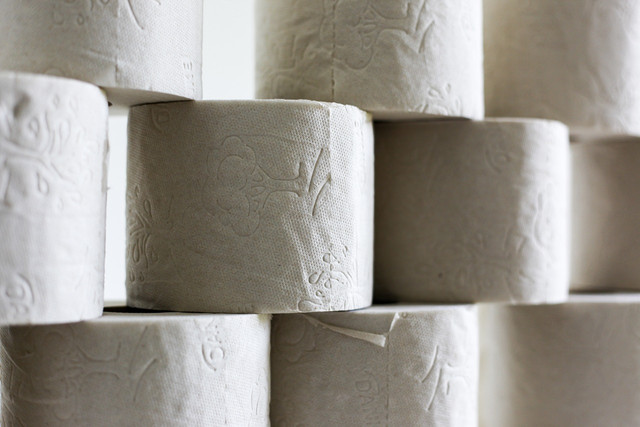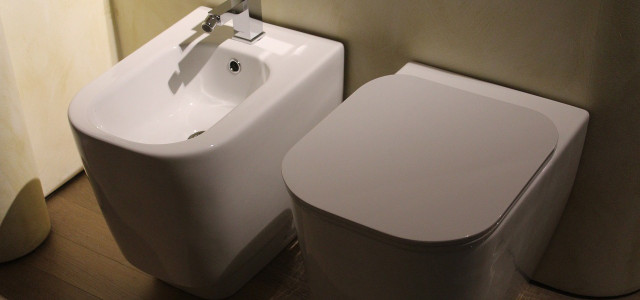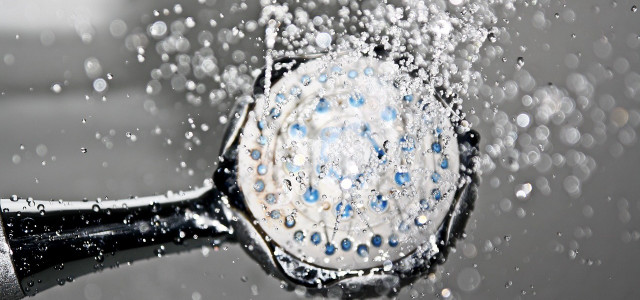Want to cut down on paper waste while staying extra clean? We explore the impacts of bidets vs toilet paper for comfort, cleanliness, and sustainability.
Though they are a common fixture in parts of Europe, South America, and Asia, you will be hard-pressed to find a bidet in an average American home. Though cost and cleanliness play a part, the biggest obstacle for the bidet may be the simple squeamishness of using a device to wash your rear. When considering a bidet vs toilet paper, many would rather stick to what is familiar. Yet bidets are rising in popularity in the States, thanks in part to the variety of designs to fit any budget:
- The stand-alone bidet is a separate ceramic basin usually placed next to the toilet. Though the most recognizable, these are also the largest, priciest, and most difficult to install.
- A bidet toilet is a toilet with a built-in bidet. These often come with several functions such as temperature control or dryers, meaning that they can often draw on electricity as well.
- A bidet attachment is a simple and affordable device that can be fitted onto a toilet without the hassle of more complicated designs.
- The bidet shower or spray bidet is a hose and faucet that allows more control over washing.
Health & Hygiene Considerations



(Foto: CC0 / Pixabay / bzndenis)
Though bidets are sometimes thought of as being messy or unsanitary, in many cases they are both cleaner and healthier than toilet paper. In addition to cleaning more thoroughly (like a mini shower), studies have shown that using water decreases bacteria when compared to toilet paper. Bidets are also much more gentle than toilet paper, which can be abrasive and exacerbate anal injuries such as tears or fissures. In fact, using water is said to speed healing and relieve pressure associated with hemorrhoids.
Despite the apparent benefits, there are a few potential risks to look out for. For example, studies are still mixed on whether bidets are more beneficial or harmful for vaginal health compared to toilet paper. Additionally, bidets’ spouts have been found to foster bacterial growth in a hospital setting, though this might be less of a danger with private home bidets that receive less traffic.
The bottom line, bidets can be safer and more hygienic than toilet paper as long as they are cleaned regularly and used properly.
Bidet vs. Toilet Paper Environmental Impacts



(Foto: CC0 / Pixabay / Filmbetrachter)
The most obvious environmental impact of a bidet vs toilet paper is paper use and deforestation. Nearly 15 percent of deforestation is attributed to toilet paper, which uses virgin wood unless specified as recycled. Did you know that the average US resident uses about 28 pounds (or 56 rolls) of toilet paper each year? That’s one tree for every fourteen people! Bidets are therefore pivotal in creating a zero-waste bathroom.
While the impact of paper is clear, you may be surprised to learn that toilet paper also uses more water than a bidet. As counterintuitive as it seems, it’s estimated that toilet paper production uses about six gallons of water per roll while bidets use ⅙ of a gallon per flush. Not even eco-friendly toilet paper is exempt since water is still used in the production of recycled and bamboo toilet paper.
Toilet paper also has a greater effect than water once it is flushed. During sewage treatment, toilet paper is broken down by bacteria to produce CO2, filtered from the water, and is then either composted, incinerated, or sent to landfills. Due to its solid nature, toilet paper also has greater potential to clog pipes and wreak havoc on municipal waste-treatment facilities, leading to costly repairs.
Overall, bidets have a more positive environmental impact through lower paper and water use.
Read more:
- Using Washcloths as an Alternative to Toilet Paper?
- What Are Compost Toilets and How do They Work?
- How Paper Is Recycled: The Process, Explained
Important Information regarding Health-related Topics.
** Links to retailers marked with ** or underlined orange are partially partner links: If you buy here, you actively support Utopia.org, because we will receive a small part of the sales proceeds. More info.Do you like this post?







